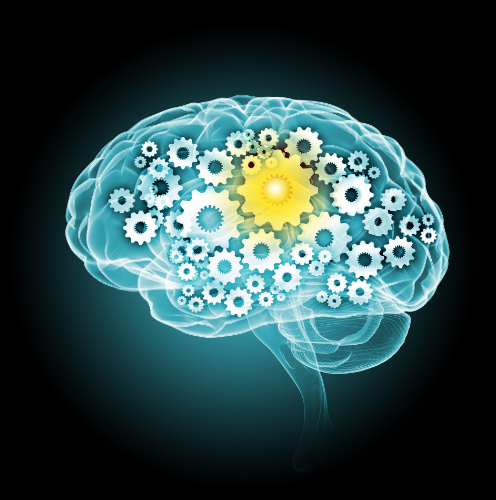Albert Einstein once observed, “The most incomprehensible thing about the universe is that it is comprehensible.” At first glance, this statement may seem paradoxical. How can the vast, mysterious universe—teeming with complexity—be understood by all? Yet, time and again, we find that order emerges from chaos, patterns appear where none were expected, and the human mind can unravel mysteries far beyond its scale.
The universe’s comprehensibility allows us to make sense of the world. From the exactitude of science and mathematics to the clarity of writing and the strategic operations of business, comprehensibility is the bridge between confusion and understanding, ideas and action.
Comprehensibility in Science
Science thrives on uncovering order in what appears random. The laws of physics, the periodic table, and the theory of evolution are testaments to the universe’s inherent structure. Scientists continually ask “Why?” and “How?” —questions that lead us to discoveries about forces, particles, and life.
Take gravity, for instance. Isaac Newton comprehended its universal pull through a falling apple, and centuries later, Einstein expanded our understanding with general relativity. Without the universe’s comprehensibility, science would be like searching for answers in an unreadable language. Yet the fact that nature operates on observable laws means we can decode its patterns.
Comprehensibility empowers scientists to model, test, and predict the world around us—be it the orbit of planets or the spread of diseases. This clarity allows us to innovate, cure, and explore the unknown.
Comprehensibility in Mathematics
Mathematics is often called the “language of the universe” because it transforms abstract concepts into precise, comprehensible frameworks. From the elegance of π (pi) to the intricate beauty of distilling complexity into logical expressions.
For mathematicians, the power lies in turning the seemingly incomprehensible into something quantifiable. Math provides us tools to solve problems, make predictions, and unlock new possibilities across fields.
Comprehensibly in Writing
At its core, writing is the art of making thoughts and ideas understandable. A writer takes concepts—often abstract or complex—and distills them into words that resonate with others. Whether it’s a scientific paper, a compelling novel, or an email, writing succeeds when it fosters clarity.
Great writers recognize that even profound ideas must be delivered in ways readers can grasp. Imagine scientific breakthroughs written in jargon-heavy prose: they would remain locked away, inaccessible to all but a few. Writing bridges knowledge gaps and allows understanding to flourish.
Clear writing helps readers find meaning in a world of noise and distraction. As Einstein demonstrated in his work, simplicity and clarity are hallmarks of proper comprehension: “If you can’t explain it simply, you don’t understand it well enough.”
Comprehensibility in Business
In business, comprehensibility is vital for communication, strategy, and execution. A brilliant business plan, product pitch, or marketing campaign succeeds only when clearly understood.
Clarity ensures that leaders’ visions are aligned and goals are actionable. For businesses, comprehensibility means translating complex data, financial models, or technical processes into insights that drive decisions.
Take Apple’s products as an example. Their design philosophy emphasizes simplicity—making sophisticated technology comprehensible to users of all backgrounds. In doing so, they’ve built a bridge between innovation and usability.
In business, comprehension creates trust, empowers collaboration, and fosters progress when everyone understands why and how organizations thrive.
The Eternal Mystery: Why Can We Understand?
Einstein’s quote challenges us to appreciate the mystery of our ability to comprehend. The universe could have been a chaotic, incomprehensible mess, yet it unfolds itself to us. The fact that patterns emerge and we can grasp them is miraculous.
This comprehensibility fuels curiosity. It drives scientists to uncover the next breakthrough, writers to connect with readers, mathematicians to unlock universal truths, and businesses to create solutions. Without it, progress would stall.
Final Thought
The universe’s comprehensibility is both a mystery and a gift. It invites us to learn, to explore, and to build connections where none existed before. From understanding the stars to communicating ideas, comprehensibility is the common thread that allows us to make sense of our world.
Question for you: Where do you see the power of comprehensibility in your life—at work, in art, or in daily interactions? How has understanding something complex unlocked new possibilities for you?











































































